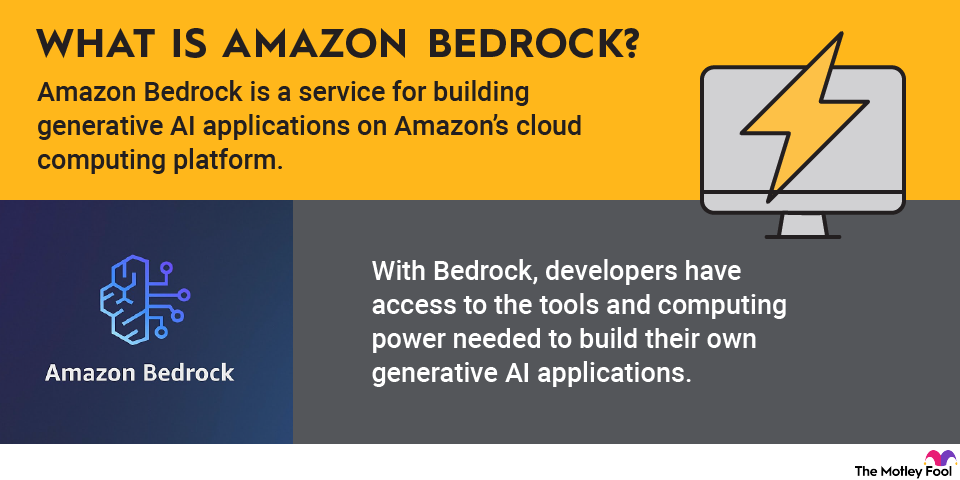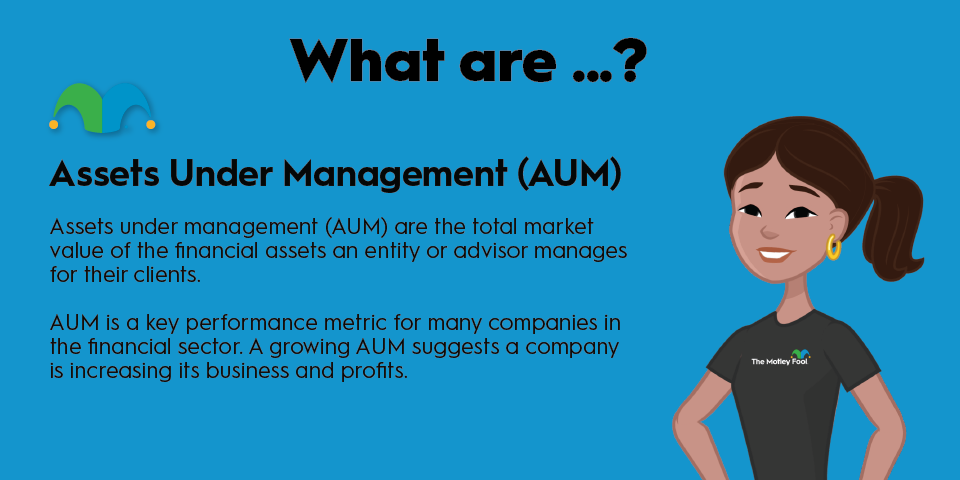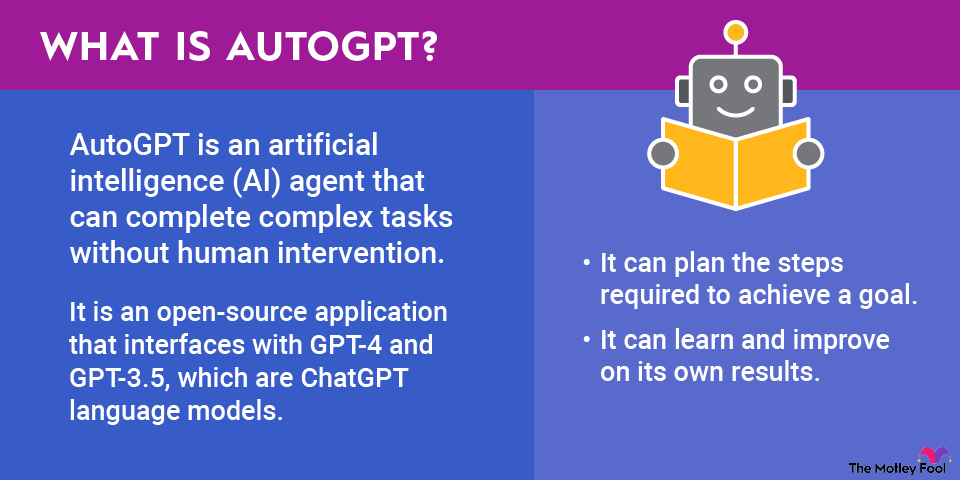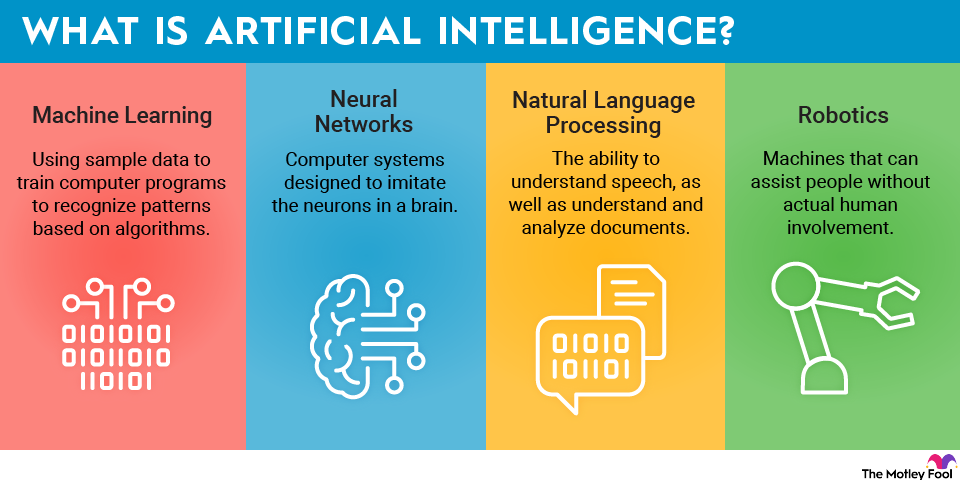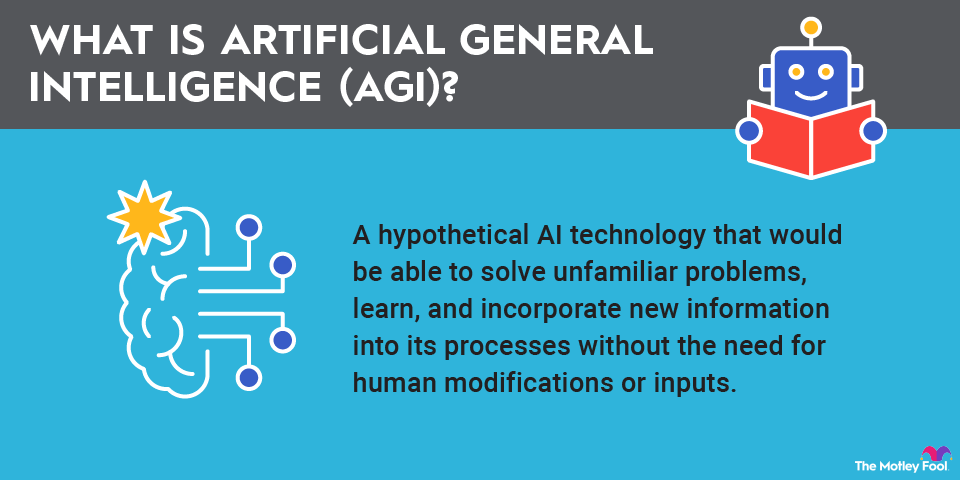The AI revolution brought on by the launch of ChatGPT has set off a new technological race as businesses have readily embraced generative AI as the next frontier in technology.
However, the introduction of this new technology, which can write poetry and code, and has even passed a bar exam, has inspired a new set of fears as well, with some observers warning that artificial intelligence could do permanent damage to humanity.

Why does augmented intelligence matter?
Beyond the technological implications of new generative AI tools like ChatGPT, there is also a wide range of real-world consequences, such as mass job displacement.
The fears about AI displaying humans in jobs like content creation and coding aren't irrational. Augmented intelligence offers a more harmonious approach to AI, one that is empowering to humans rather than threatening.
Augmented intelligence also seems to represent the preferred direction of AI since it's focused on maintaining humanity's superiority over technology, even as computer vision, natural language processing, and robotics continue to improve.
It also seems impossible to create AI that can exceed human intelligence in every category. For instance, humans can wrestle with difficult subjects like ethics and have a full range of emotional experiences that give them empathy and understanding in a way that machines are unlikely to ever have.




